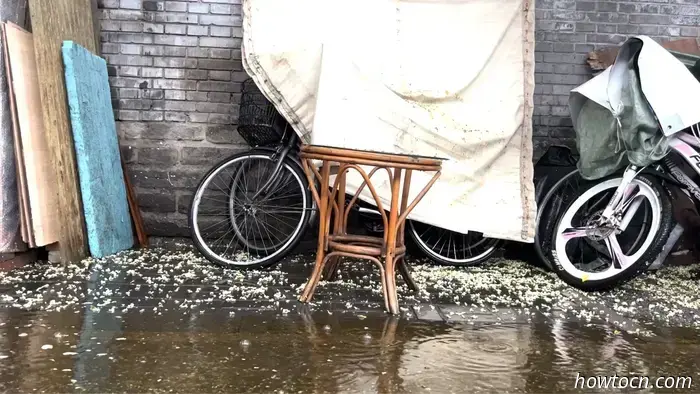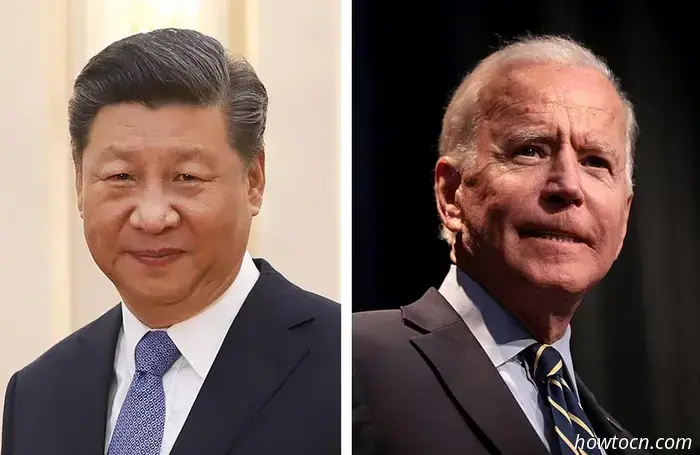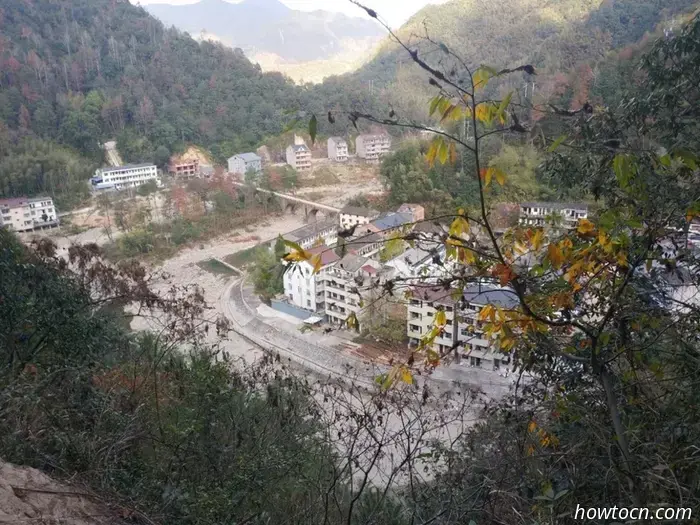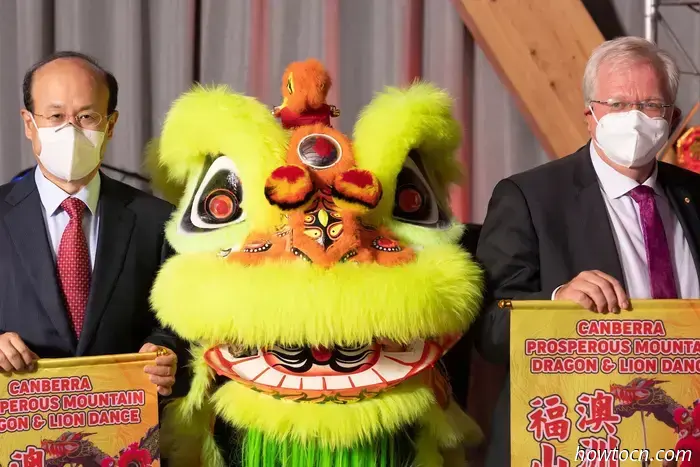
To commence the Year of the Snake, we're introducing a new series titled "24 Hours in Beijing," where we ask key figures in the capital how they would spend an entire day in the city.
We begin with American expatriate Anthony Tao. Tao is a published poet, a former journalist, and leads the Beijing branch of the Spittoon Literary Collective. He has resided in this city for 16 years. Read on to discover his ideal 24 hours in Beijing.
You have 24 hours in Beijing – how would you start your day?
I’m not an early riser, but on a motivated day, I’d begin at Beihai or Jingshan Park, where morning enthusiasts are already engaged in exercise at dawn. After enjoying some people-watching, I’d stroll along Houhai Lake, greet the year-round swimmers, and arrive at the Drum and Bell Towers (Gulou – more on this area later). The lighting should be perfect for taking photos.
What’s for breakfast, lunch, and dinner?
Now we’re getting to the good part. While I’m not a complete foodie, I make an effort to try local dishes when traveling, so this is something I look forward to. Gulou has many cafes, but my preferred coffee spot is Self Coffee at Beixinqiao. The area boasts a remarkable variety of cafes and restaurants, so the options are plentiful. For breakfast: I’ve noticed that shouzhuabing and jianbing are getting larger, filled with egg, potato, and meats, almost like a true burrito, but still quite affordable – perfect for a quick morning meal, especially if you’re in a hurry. I’d enjoy a walk through the nearby hutongs and hopefully have time to admire the majestic toon trees.
For lunch, there are some authentic restaurants close to Yonghegong, including a noodle shop serving Beijing dalumian and another offering zhajiangmian. The queues can get quite long around noon, so I’d aim for a slightly later lunch, perhaps around 2 PM. Little Yunnan is also in the vicinity and is always a good choice. If I need a coffee after lunch, there are plenty of options at the nearby Wudaoying Hutong.
I’ll head to Sanlitun for happy hour, grabbing a drink at a classic venue like Jing-A or Revolution. Dinner is a tough one to decide on. There are numerous options in that area, including some hidden gems around the North Sanlitun embassy area, but since we had a late lunch, I’ll push through it. Given that we only have 24 hours, I want to see some of the buildings in the CBD. I might stop for a slice at Big Joe’s or enjoy a glass of wine at Trio if I’m running low on energy. Let’s refer to this as “supper.”
Post-supper, where are you headed and how do you unwind for the night?
As the sun sets, the drinking segment of the day picks up. I’d make my way back towards Gulou, with two stops along the way: Golden Weasel, which shares the same location as Self Coffee, for a cocktail – perhaps an Espresso Martini or a Silk Coffee Negroni to kick off the night – and then the Uh-Huh Wine Bar at Jiaodaokou South. By then, I should be hungry again for “dinner” – maybe dumplings at Xiaolaoman or Sichuan cuisine at either Zhang Mama’s or Ogawa Bistro (which offers white wines that complement the spice perfectly). This area has an abundance of trendy cocktail bars – like Obstzimmer by MMC, Non-Binary, Dali Dali, etc. – that would tempt me to stop for one last drink before heading to Modernista for late-night shots and dancing.
What is your must-visit spot in Beijing and why?
Queenies, also known as QS. That’s how we end this night, and it’s no secret why. They serve amazing sandwiches, even at 4 AM.
READ: A Brief History of Beijing's "Ghost Markets" & Where to Discover Them
Images: Anthony Tao, Uni You, Nancy Lee



mens-voices-rights-and-the-vision-of-the-state-The-China-Story.jpg)
Even with challenges like the arrest of the 'Feminist Five' in 2015 for advocating against sexual harassment on public transport, feminist voices in China have become more prominent in recent years.

Ngan Shun-kau, the ex-Red Guard leader who has become a literary editor, interprets the significance of the two Chinese proverbs referenced by Xi Jinping and the Ministry of Foreign Affairs in relation to the Russia-Ukraine conflict.

In 2019, Zhejiang province reported that 99 percent of its villages had access to tap water, establishing itself as a national frontrunner in providing safe drinking water to rural communities. However, in Wood-Stone Village, a small settlement located about 350 km from Hangzhou in the mountainous region of Zhejiang province, residents have been forced to rely on inadequately treated river water due to a lack of drinkable tap water exacerbated by drought and unusually cold weather. This situation calls into question the government's centralized strategy for supplying water to rural areas and raises concerns about how villages across China will manage the severe effects of climate change on drinking water availability.

The Chinese Zodiac is a fascinating aspect of the culture during the Spring Festival, so let’s explore its origins and uncover its rich history!

Biography of Xiao Qian: The New Chinese Ambassador to Australia and His Role in China-Australia Relations
-Politics-in-Command-Xi-Jinpings-July-Visit-to-Xinjiang-The-China-Story.jpg)
Xi Jinping, the leading figure of the People's Republic of China (PRC), conducted a four-day 'investigative tour' of eastern Xinjiang in mid-July—marking his first visit to the Uyghur Region since 2014. At first glance, the trip and its public narrative seem similar to those of his predecessors. However, the ideological emphasis of Xi's comments during the visit centered on a historical account showcasing an innate sense of Zhonghuaness, where Uyghurs, Kyrgyz, Kazakhs, and other indigenous peoples of Xinjiang were included from the outset. This narrative is notably inclusive, minimizing non-Han ethnic identities not by rejecting them, but by subsuming them into a broader, constructed category. In essence, Xi’s interpretation of Zhonghua-ism has harnessed the notion of a collective identity for colonial objectives, emphasizing a shared history, common territory, and a sense of unity expressed through 'root veins.'
To celebrate the Lunar New Year, we reached out to influential figures in the capital to find out how they would spend 24 hours in Beijing.